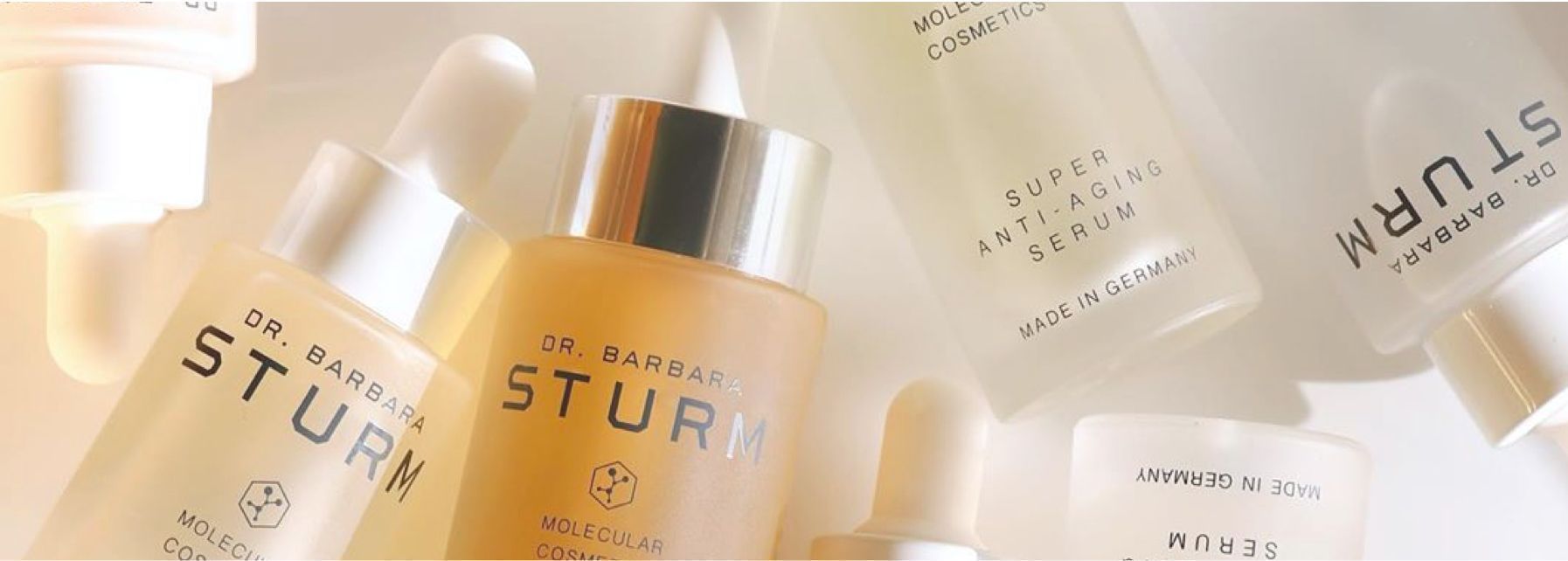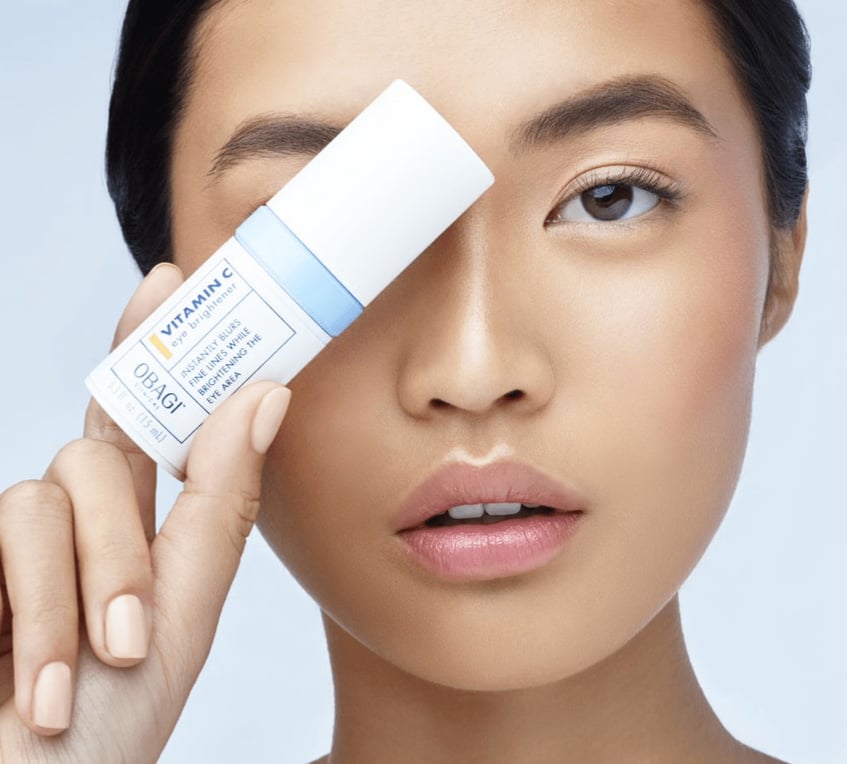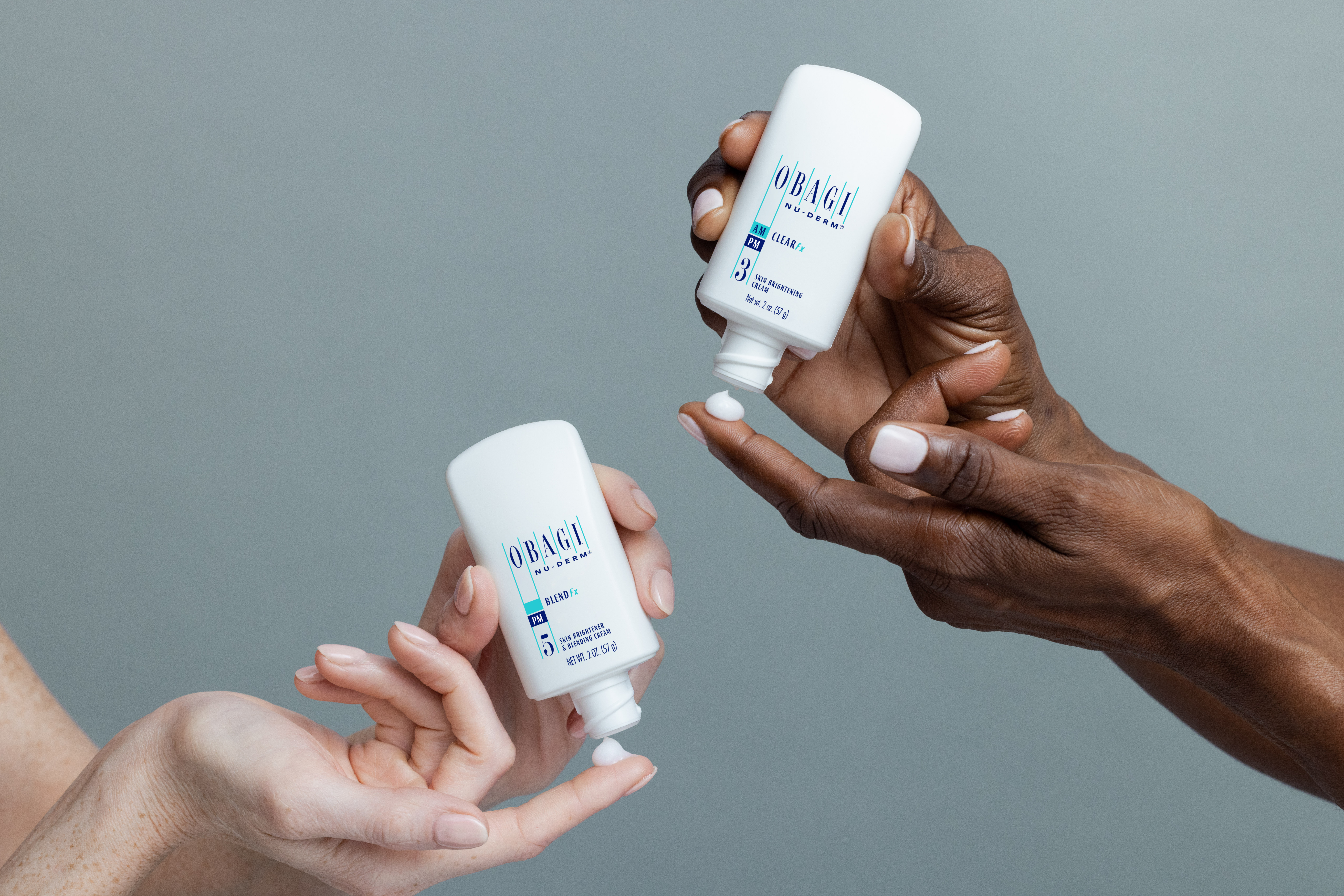How To Find Your Skincare Routine
Your skin type is not solely based on DNA and genetics; your lifestyle and chosen skincare routine play a big role in how your skin looks and feels. Finding the right skincare routine can be tricky, especially if you don’t know which products you should be using. However, a skincare routine that works for you is paramount. Healthy skin not only looks and feels great, but it can boost your confidence and help you feel good, too.
Taking care of your skin is personal and there’s no one-size-fits-all solution for good skincare. You need to take the time to get to know your complexion, what products work, and which don’t, and where your problem areas lie. Here’s a breakdown of the steps you should be taking to figure out how to implement the best skincare routine for you:
Cleanse, Tone And Moisturise
Your skincare routine should have three steps: cleansing, toning and moisturising. Cleansing is for washing the face, toning removes any impurities left over after cleansing and balances out the skin, and moisturising hydrates and softens the skin.
Whilst all three are important, you should make sure you’re choosing the right kinds of products for your skin type. Cleansers come in a range of types, from milks and creams to balms and facial washes, so make sure you pick out the texture suited to your skin type. Check the ingredients list and avoid chemicals that will cause your skin to react negatively.
How Many Skincare Products Should You Use?
There will definitely be a point where you could be using too many products for your skin but, again, it will come down to the individual. One person’s routine might be too excessive for someone else. It comes down to what your skin needs and how it responds to certain products.
Certainly, a good cleanser, toner and moisturiser are essential for healthy, radiant looking skin. However, your skin could also really benefit from the regular use of sun cream, to protect it from harmful UV rays that have been known to cause sings of ageing. Some skincare products and cosmetics contain SPF protection so, if you’re likely to be spending a lot of time outdoors, you should invest in something that offers skin protection from UV rays (it doesn’t even need to be sunny for UV rays to get through).
For those starting to develop wrinkles and lines, you may also want to invest in anti-ageing products to smooth out the skin and give you a more youthful look. Try out different products to find out what works for you. If you have sensitive skin you will benefit more from a more restricted number of products, but just keep an eye on how your skin reacts to your new skincare routine and adjust accordingly.
How To Choose A Skincare Brand
With so many skincare brands out there, it can be difficult to find the right one for you. First and foremost, you should be guided primarily by your skin type. Search for brands that use ingredients you know will be good for your skin and are recommended for your skin type.
Consider what’s important to you in a skincare routine. If you value cruelty-free products, organic skincare or even just the feel and smell of the products on your skin, you should shop for brands that meet your requirements. The science behind a brand is also very important; finding products that are backed by data and research is incredibly reassuring that they could help you get the results you’re looking for.
At Skinstation, we offer a wide range of brands and products designed to help you achieve your ideal skin: Obagi Medical, Dr Levy Switzerland, Swisscode, SkinCeuticals, Kelo-cote, RevitaLash Cosmetics, Lumity, Dr Dennis Gross, iS Clinical, MZ Skin, Dr Barbara Sturm
Ask us about our skincare ranges and the extensive products we have available, we’ll be happy to answer any of your questions and find the best skincare products for your needs.
The latest from skincare
Skincare from the inside out. Tap into our world of award-winning skincare, 'the best of', new products and more.
ADVICE
Think you don’t need SPF daily? Think again. We debunk 4 common sunscreen myths and share why protecting your skin every day is a must.
ADVICE
Learn how to manage redness with expert skincare tips, top product recommendations and lifestyle advice this Rosacea Awareness Month.
LIFESTYLE
Discover why sustainable beauty defines modern beauty. Explore eco-mindful skincare brands leading the conscious beauty movement.
PRODUCTS
Discover Jan Marini Skin Research, Skinstation's Brand of the Month. Explore clinically advanced skincare solutions that target ageing, hydration, and skin rejuvenation.










